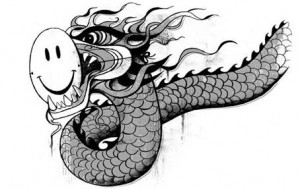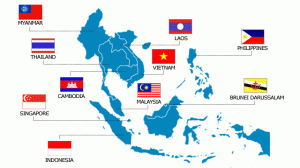The New York Times, Op-Ed Contributor
By YAN XUETONG
Published: November 20, 2011
It was perhaps the greatest period for Chinese thought, and several schools competed for ideological supremacy and political influence. They converged on one crucial insight: The key to international influence was political power, and the central attribute of political power was morally informed leadership. Rulers who acted in accordance with moral norms whenever possible tended to win the race for leadership over the long term.
- Times Topic: International Relations
WITH China’s growing influence over the global economy, and its increasing ability to project military power, competition between the United States and China is inevitable. Leaders of both countries assert optimistically that the competition can be managed without clashes that threaten the global order.
Most academic analysts are not so sanguine. If history is any guide, China’s rise does indeed pose a challenge to America. Rising powers seek to gain more authority in the global system, and declining powers rarely go down without a fight. And given the differences between the Chinese and American political systems, pessimists might believe that there is an even higher likelihood of war.
I am a political realist. Western analysts have labeled my political views “hawkish,” and the truth is that I have never overvalued the importance of morality in international relations. But realism does not mean that politicians should be concerned only with military and economic might. In fact, morality can play a key role in shaping international competition between political powers — and separating the winners from the losers.














